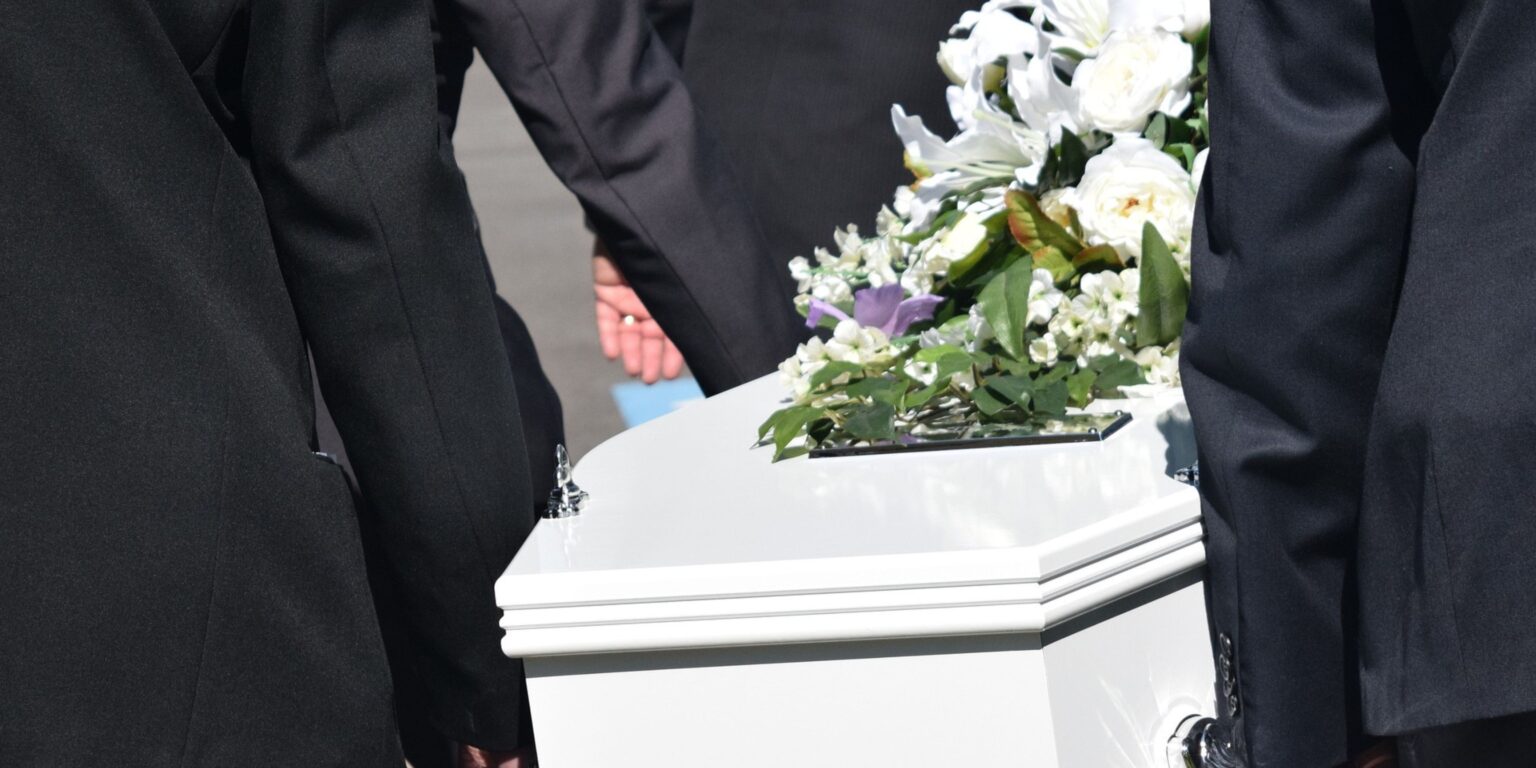It’s no surprise that even the way we mourn and say our final goodbyes has become more interconnected. Funeral tourism, a term that may sound unusual at first, has emerged as a unique phenomenon where individuals or families travel internationally to attend a funeral or repatriate the remains of their loved ones. In this article, we’ll explore the intriguing world of funeral tourism and international repatriation services.
Exploring Funeral Tourism: A Global Phenomenon
Funeral tourism, also known as bereavement tourism, has gained prominence in recent years. It refers to the practice of traveling to another country or region to attend the funeral or memorial service of a loved one, often when the deceased had a special connection to that place. This phenomenon reflects the increasing mobility of our global society, where people may have roots and relationships spanning multiple countries.
One common scenario is when immigrants or expatriates pass away in a foreign land, far from their home country. Their families may choose to transport the remains back to their place of origin for a traditional funeral and burial. This practice allows the deceased to be reunited with their cultural and ancestral roots, providing a sense of closure and connection to their heritage.
International Repatriation Services: Bridging the Gap
The logistics of transporting a deceased person across international borders can be daunting. This is where international repatriation services step in. These specialized providers offer comprehensive assistance to bereaved families, ensuring that the remains of their loved ones are transported safely and in accordance with legal requirements.
International repatriation services encompass a wide range of tasks, including coordinating with local authorities, handling the necessary paperwork, and organizing transportation. They may also assist with cultural and religious considerations, such as repatriating remains in accordance with specific customs and rituals.
The Significance of Cultural Sensitivity
One of the most critical aspects of international repatriation services is cultural sensitivity. Funerals are deeply rooted in cultural and religious traditions, and understanding and respecting these customs is paramount when repatriating the deceased. Providers in this field often have a network of contacts and expertise in various cultural practices to ensure a seamless and respectful process.
For example, in some cultures, the funeral process involves elaborate rituals and ceremonies that must be upheld even during international repatriation. This may include specific clothing, prayers, or even the presence of a spiritual leader. Repatriation service providers work closely with families to ensure that these customs are respected and observed throughout the entire process.
The Emotional Aspect: Closure and Connection
Funeral tourism and international repatriation services are not just logistical endeavors; they play a profound emotional role in the grieving process. The ability to say a final farewell in the way that aligns with one’s cultural or personal beliefs can bring a sense of closure and peace to the bereaved.
Additionally, these services help families and friends maintain a connection to their roots and heritage. By adhering to cultural customs and traditions, they ensure that the memory of the departed is preserved in a way that is meaningful and in alignment with their identity.
Overcoming Challenges: Legal and Logistical Hurdles
International repatriation is not without its challenges. Navigating the legal requirements, documentation, and transportation logistics can be complex, especially during times of grief. Different countries may have specific regulations governing the repatriation of human remains, and compliance with these laws is essential.
Moreover, the costs associated with international repatriation can be substantial. Families often need to factor in expenses such as embalming, caskets, transportation, and customs fees. Many choose to purchase repatriation insurance or make arrangements in advance to alleviate the financial burden.
Honoring the Departed, Regardless of Borders
Funeral tourism and international repatriation services underscore the enduring human need to honor the departed in a manner that reflects their life and values. In an increasingly interconnected world, the practice of repatriating the deceased or traveling to say goodbye from afar has become a poignant expression of love, respect, and cultural identity.
These services bridge geographical and cultural divides, ensuring that the departed are laid to rest in accordance with their wishes and traditions. In doing so, they provide comfort and solace to grieving families, offering a sense of closure that transcends borders and brings people together, even in the face of loss. Funeral tourism and international repatriation services demonstrate that love and remembrance have no boundaries, and the connections we share with our loved ones endure, regardless of the miles that separate us.

